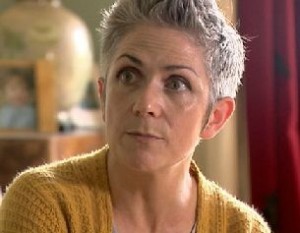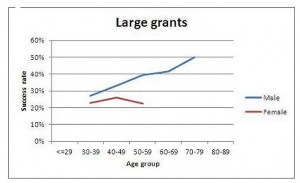In the last two weeks the BBC have launched a new set of web pages and content dedicated to the arts. The material , as you would expect from the Corporation, is diverse and stimulating, with a fresh feel in terms of web layout and visual impact we thought. It draws upon television, radio and web outputs to create a new miscellany.
Below are some of the items we have found interesting at conversationsEAST this week.
Both are of a historical bent, with historian Niall Ferguson opining on how young students now see and re-act to the First World War. A topical segment from the 2014 Hay Festival, with brief contributions from Rosie Boycott and Kate Adie.
Niall Ferguson, ever controversial, begins by describing the teaching of history about the First World War in the UK as, essentially, education about the Home Front. The lack of familial links for young people to the events of 1914 onwards make the story of the Battle of the Somme as relevant as the Battle of Thermopylae, thus the concentration on social history.
The Ferguson thesis on how students see The First World War is encouragingly developed to include how contemporary learners, Ferguson argues, are now very interested in strategic calculation and miscalculation.
This is a credible argument for a return to interest in the prevailing political frameworks by students of 1914. The less comfortable summation is completed by references to the teaching of the impact of the First World War as a video game…perhaps something of an unfortunate trivialisation of all the stories of loss, destruction and bravery that will emerge as the centenary of the conflict is remembered this year?
Have a look at the clip above and see if you agree?
You can see details of Changing Chelmsford’s First World War: Then and Now programme on our projects page. This is a Lottery funded project between RSA Fellows and the local Civic Society which pertinently concentrates on the historical context of the Home Front, under-scoring the very real social and economic impact of war to the Fellows credit…despite the Fergusonian treatise on domestic history above.
We also found on the new BBC Arts site a page link dedicated to the Scottish novelist, Denise Mina, who has created a social history film about her family, inviting them all to see the finished output at the Glasgow Film Theatre. See more here on this BBC Scotland web page.

We loved the fact that the project was filmed on a smartphone, with very modest funding. The finished piece will be premiered today at the Go North Festival in Inverness.
We thought what a great project, harnessing the power of ubiquitous modern technology, to create a story about a community. An ideal medium for a local arts/history project for Fellows in the region perhaps? Detailing the currency of everyday lives, to to be made enduringly available on the web.
We warmed to the new BBC Arts amalgam and will revisit its news feed regularly. See more here…



